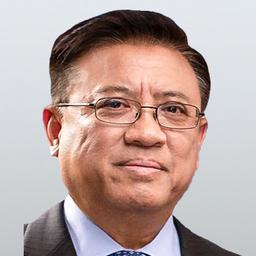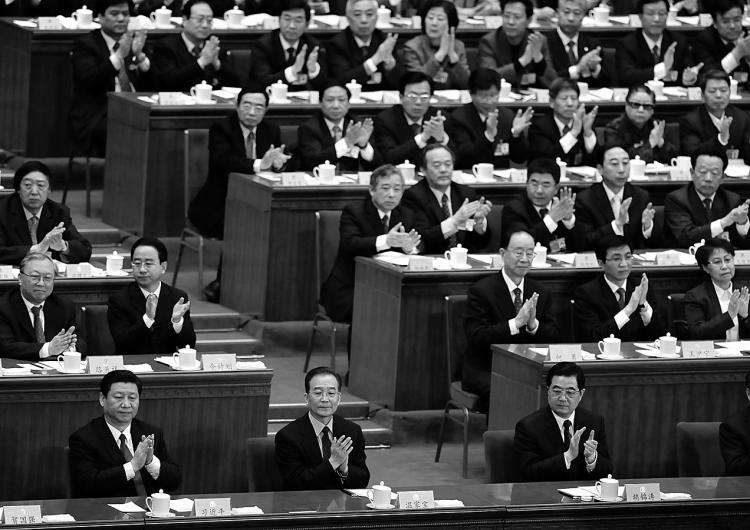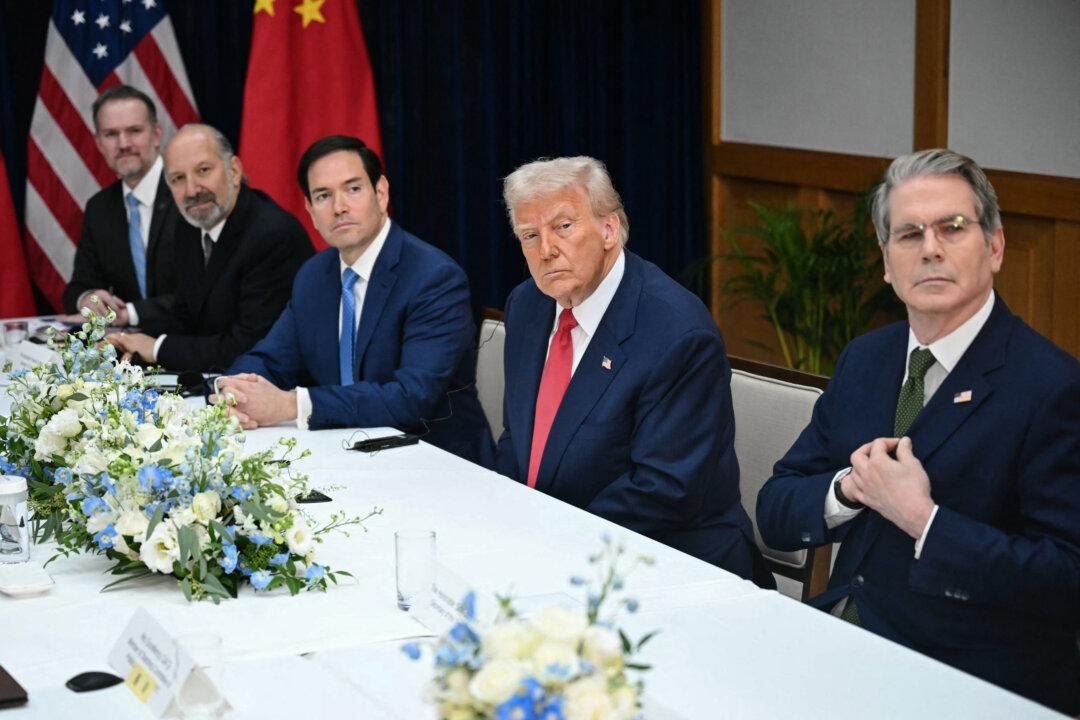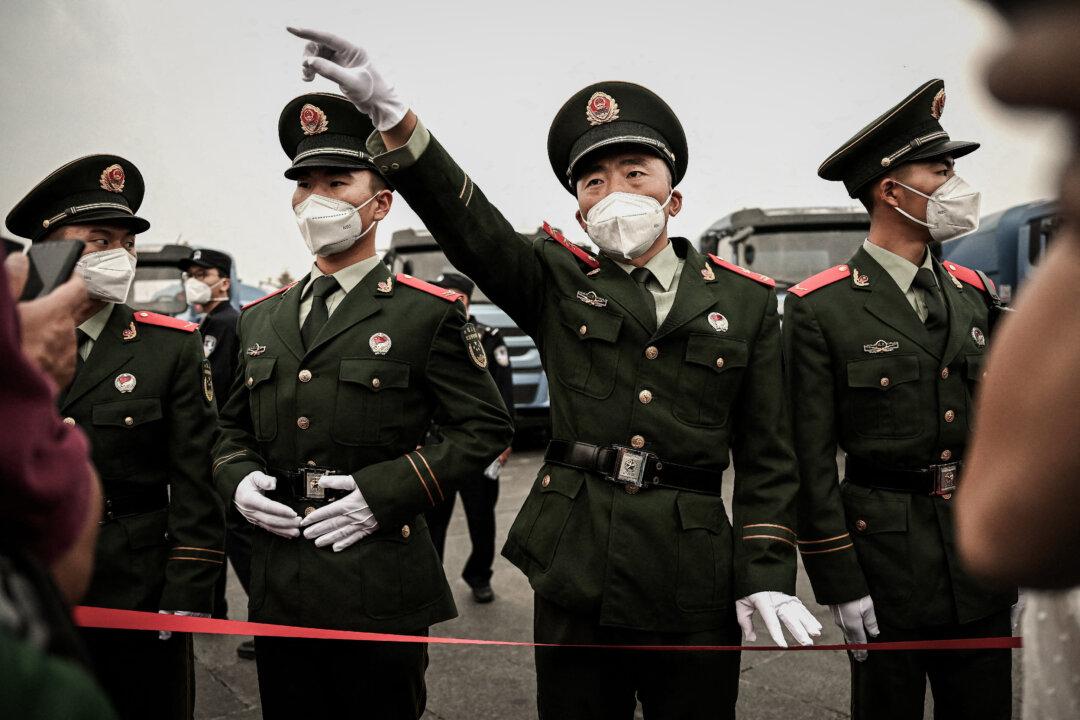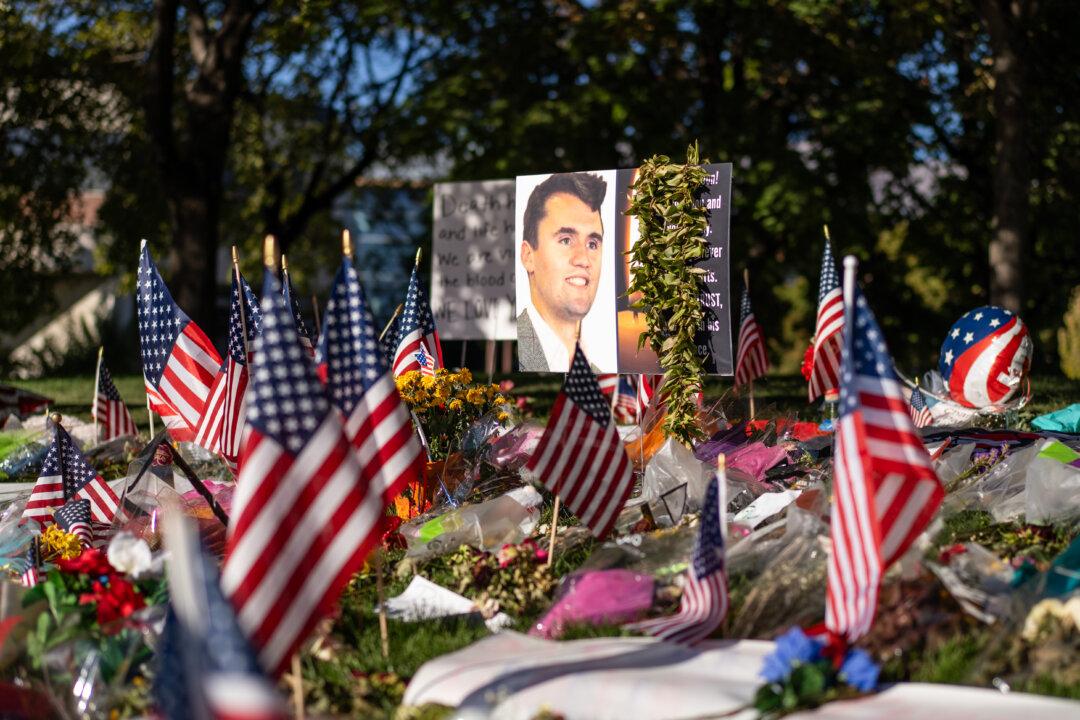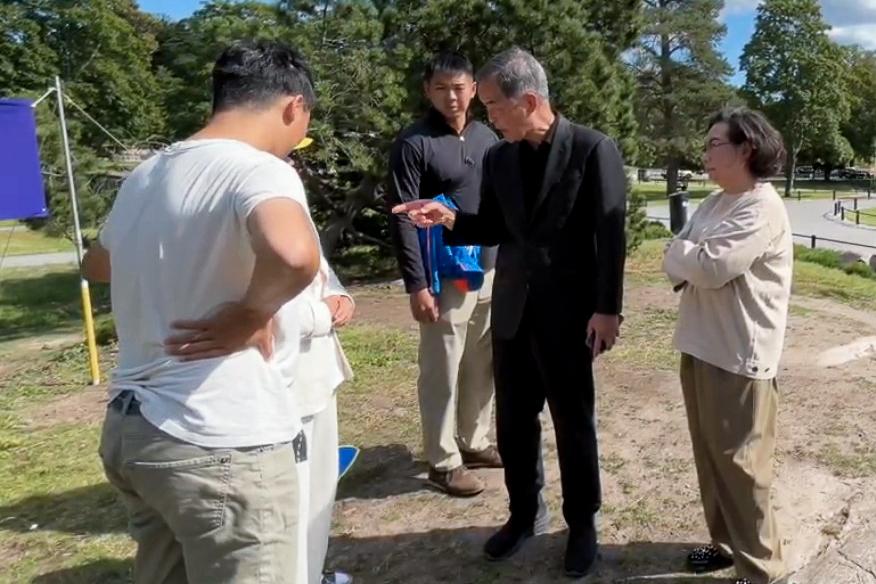Most people believe that Xi Jinping was selected as Hu Jintao’s successor due to a power struggle, the compromise and balance among different power and interest groups in the Chinese Communist Party (CCP). Many also looked to Xi Jinping’s family background, his princeling status, his understated manner in political circles, and even his wife’s reputation and connections.
All of those factors probably played a role, and all point out that Xi Jinping fits the requirements to be an heir. But what is the requirement and whose requirement is it? Previously, answering these questions was easier.
Mao Zedong, the first-generation leader of the CCP, had established his absolute power, and there was no doubt only he could appoint his successor. Mao selected five different successors. Before the Cultural Revolution, he chose Liu Shaoqi and Deng Xiaoping. During the Cultural Revolution, Lin Biao, Wang Hongwen, and Hua Guofeng.
Liu Shaoqi, who later became Mao’s main target of the Cultural Revolution and died in detention, was hardly a successor because he was almost the same age as Mao.
Lin Biao was the first one whose appointment as Mao’s successor was written in the Party Charter. Lin Biao was the most important supporter of Mao’s controversial Cultural Revolution. After Lin’s plane crashed in Mongolia, Mao needed to select another successor.
Mao considered his contribution to Marxism to be “continuing the revolution under the dictatorship of the proletariat,” which was represented by the Cultural Revolution. Wang would continue the revolution but didn’t have any support from the Party, the government, or the military. If Wang couldn’t survive after Mao was gone, how could Wang defend Mao’s legacy?
That’s the reason why Mao finally abandoned Wang and picked Hua Guofeng. Hua was not the one that could continue his revolution but was the one that could survive much longer and wouldn’t turn against Mao on this issue. However, Deng Xiaoping ousted Hua Guofeng by force, more or less.
Deng should not have had any problem picking his own successor. Hu Yaobang and Zhao Ziyang were his right and left arms during his economic reform, even though they probably had different opinions from his on political reform.
By the spring of 1989, when the students took to the Beijing streets following the death of Hu Yaobang, the differences between Deng and Zhao Ziyang had become intolerable. Deng urgently needed someone as his successor who would not turn against him following the coming massacre.
Jiang Zemin was selected, not because he was capable of running the country but because he was the only one at the provincial level who had suppressed the so-called “bourgeois liberalization” at the moment when the outcome of the struggle in Zhongnanhai could not yet be clearly seen.
Both Mao and Deng followed hidden rules in handpicking a successor: Choose the one least likely to allow the blood debt that is owed to be paid, or choose the one least likely to turn against the worst political burden.
The situation Jiang Zemin faced was totally different. Deng not only picked his own successor in Jiang but also picked Jiang’s successor, Hu Jintao, for him. When Jiang was about to hand over his power, he still didn’t have the power to overturn Deng’s choice of Hu.
All of those factors probably played a role, and all point out that Xi Jinping fits the requirements to be an heir. But what is the requirement and whose requirement is it? Previously, answering these questions was easier.
Mao’s Choices
Mao Zedong, the first-generation leader of the CCP, had established his absolute power, and there was no doubt only he could appoint his successor. Mao selected five different successors. Before the Cultural Revolution, he chose Liu Shaoqi and Deng Xiaoping. During the Cultural Revolution, Lin Biao, Wang Hongwen, and Hua Guofeng.
Liu Shaoqi, who later became Mao’s main target of the Cultural Revolution and died in detention, was hardly a successor because he was almost the same age as Mao.
Lin Biao was the first one whose appointment as Mao’s successor was written in the Party Charter. Lin Biao was the most important supporter of Mao’s controversial Cultural Revolution. After Lin’s plane crashed in Mongolia, Mao needed to select another successor.
Mao considered his contribution to Marxism to be “continuing the revolution under the dictatorship of the proletariat,” which was represented by the Cultural Revolution. Wang would continue the revolution but didn’t have any support from the Party, the government, or the military. If Wang couldn’t survive after Mao was gone, how could Wang defend Mao’s legacy?
That’s the reason why Mao finally abandoned Wang and picked Hua Guofeng. Hua was not the one that could continue his revolution but was the one that could survive much longer and wouldn’t turn against Mao on this issue. However, Deng Xiaoping ousted Hua Guofeng by force, more or less.
Deng’s Arrangements
Deng should not have had any problem picking his own successor. Hu Yaobang and Zhao Ziyang were his right and left arms during his economic reform, even though they probably had different opinions from his on political reform.
By the spring of 1989, when the students took to the Beijing streets following the death of Hu Yaobang, the differences between Deng and Zhao Ziyang had become intolerable. Deng urgently needed someone as his successor who would not turn against him following the coming massacre.
Jiang Zemin was selected, not because he was capable of running the country but because he was the only one at the provincial level who had suppressed the so-called “bourgeois liberalization” at the moment when the outcome of the struggle in Zhongnanhai could not yet be clearly seen.
Both Mao and Deng followed hidden rules in handpicking a successor: Choose the one least likely to allow the blood debt that is owed to be paid, or choose the one least likely to turn against the worst political burden.
Jiang’s Dilemma
The situation Jiang Zemin faced was totally different. Deng not only picked his own successor in Jiang but also picked Jiang’s successor, Hu Jintao, for him. When Jiang was about to hand over his power, he still didn’t have the power to overturn Deng’s choice of Hu.
